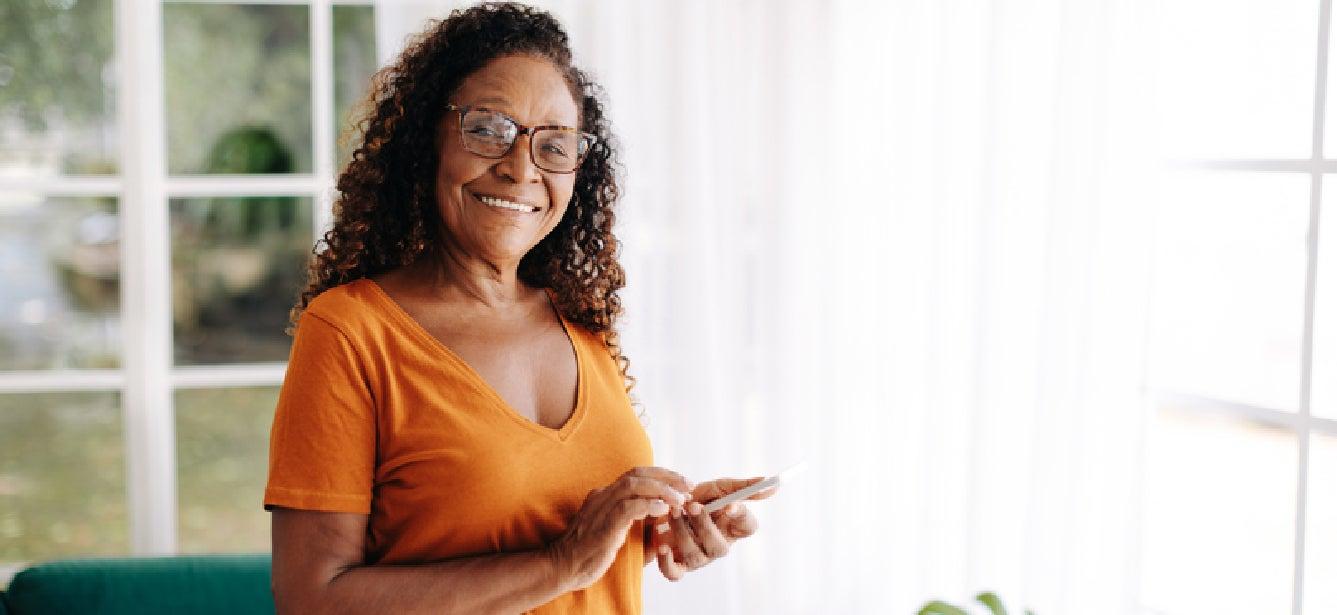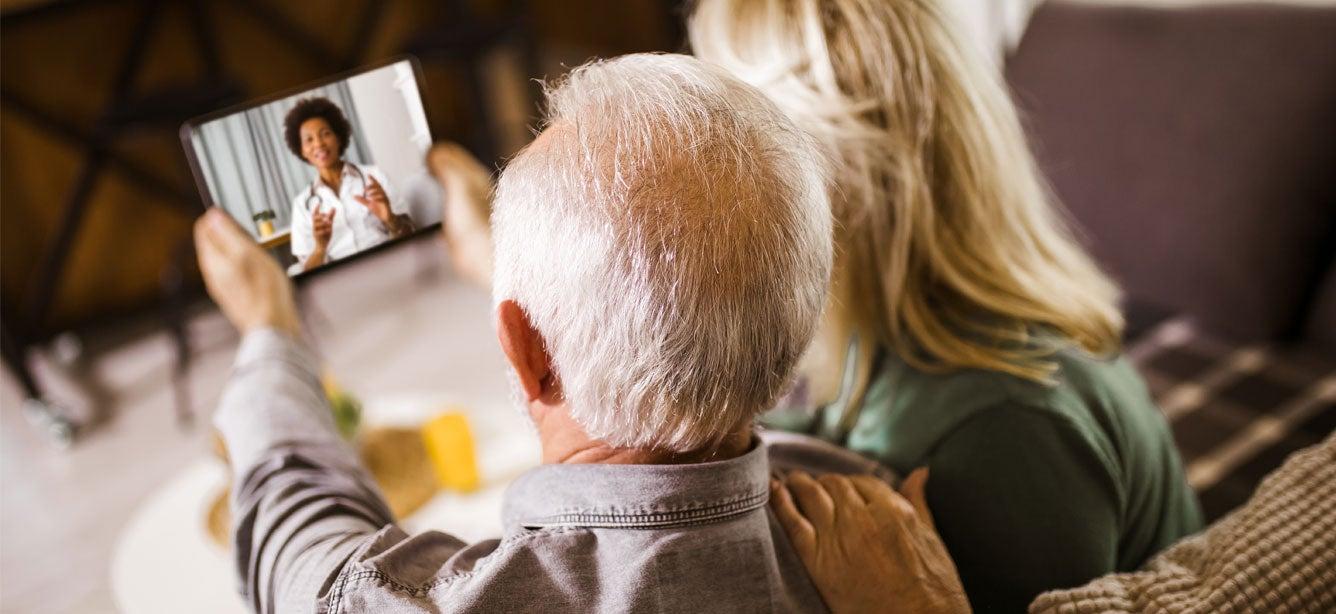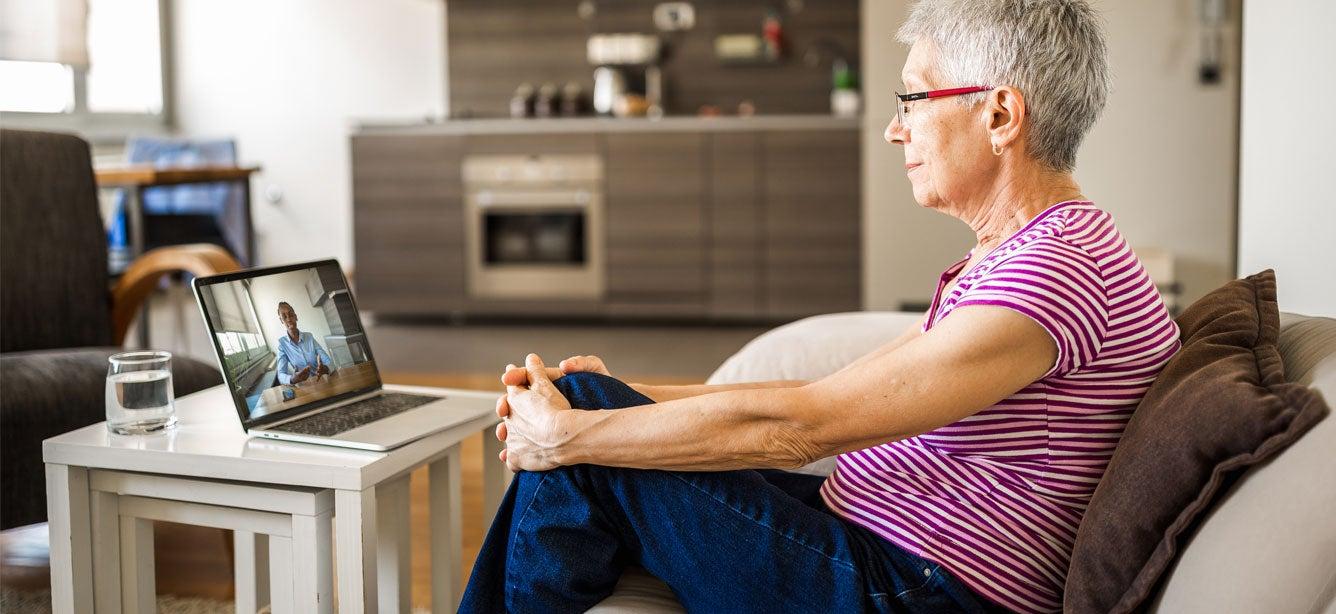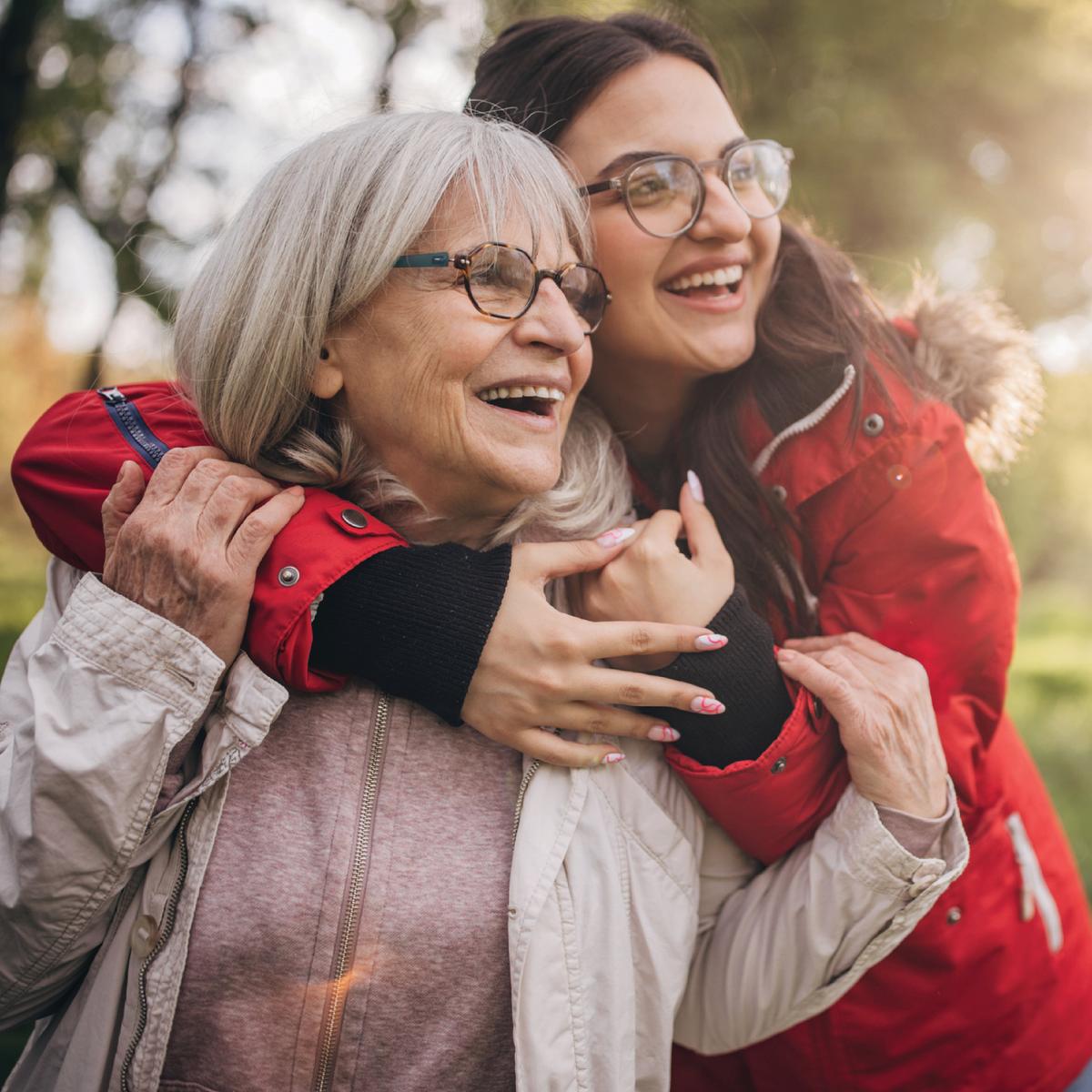Mental Health Therapy
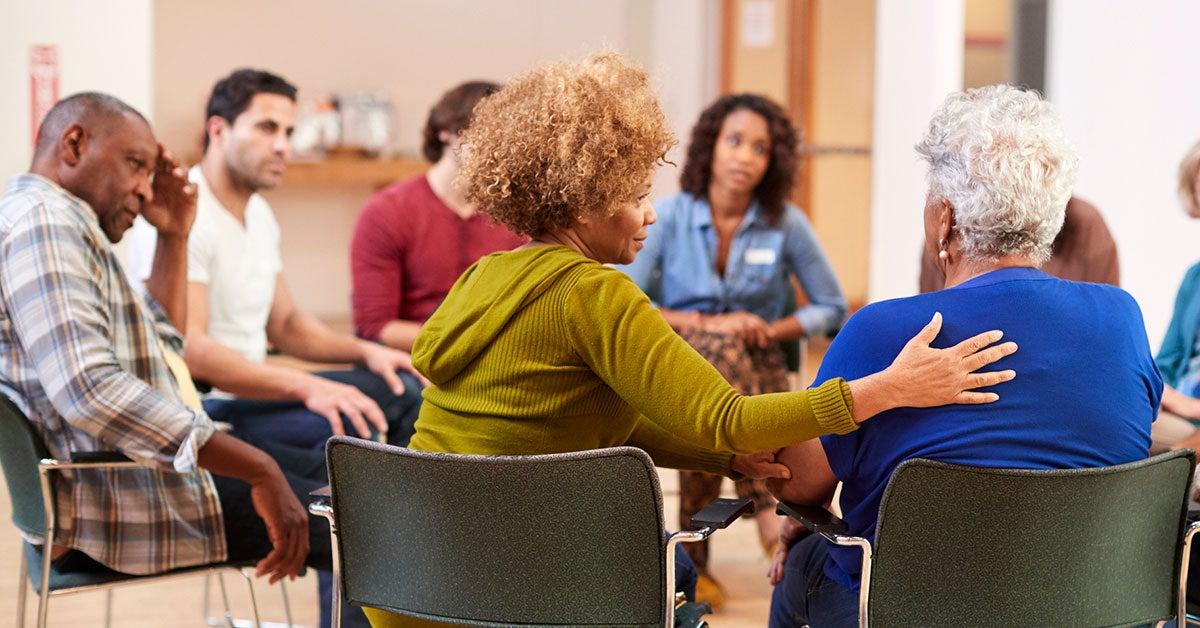
How online therapy can help
Is online counseling right for you or a loved one? See how it works, what it costs, where to find it, and how to choose a provider in this handy FAQ.
Help from the 988 Lifeline
There are caring people who want to help you, no matter what problems you’re dealing with. If you or an older adult you care about is struggling, dial or text 988 now to speak with a Lifeline counselor.
More Ways to Manage Your Health
Get information on prevention and how to manage ongoing health conditions focused on physical and mental health. From exercise tips to diet and nutrition, this is your one-stop shop for caring for yourself and loved ones.


